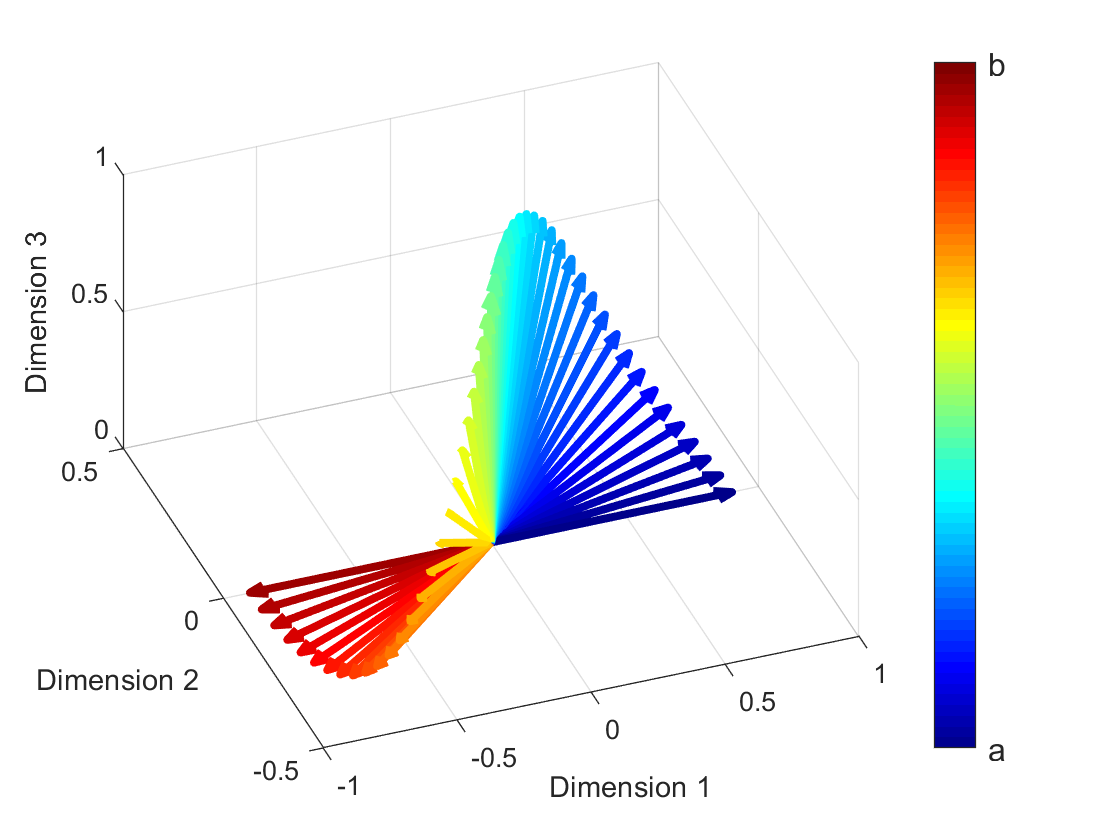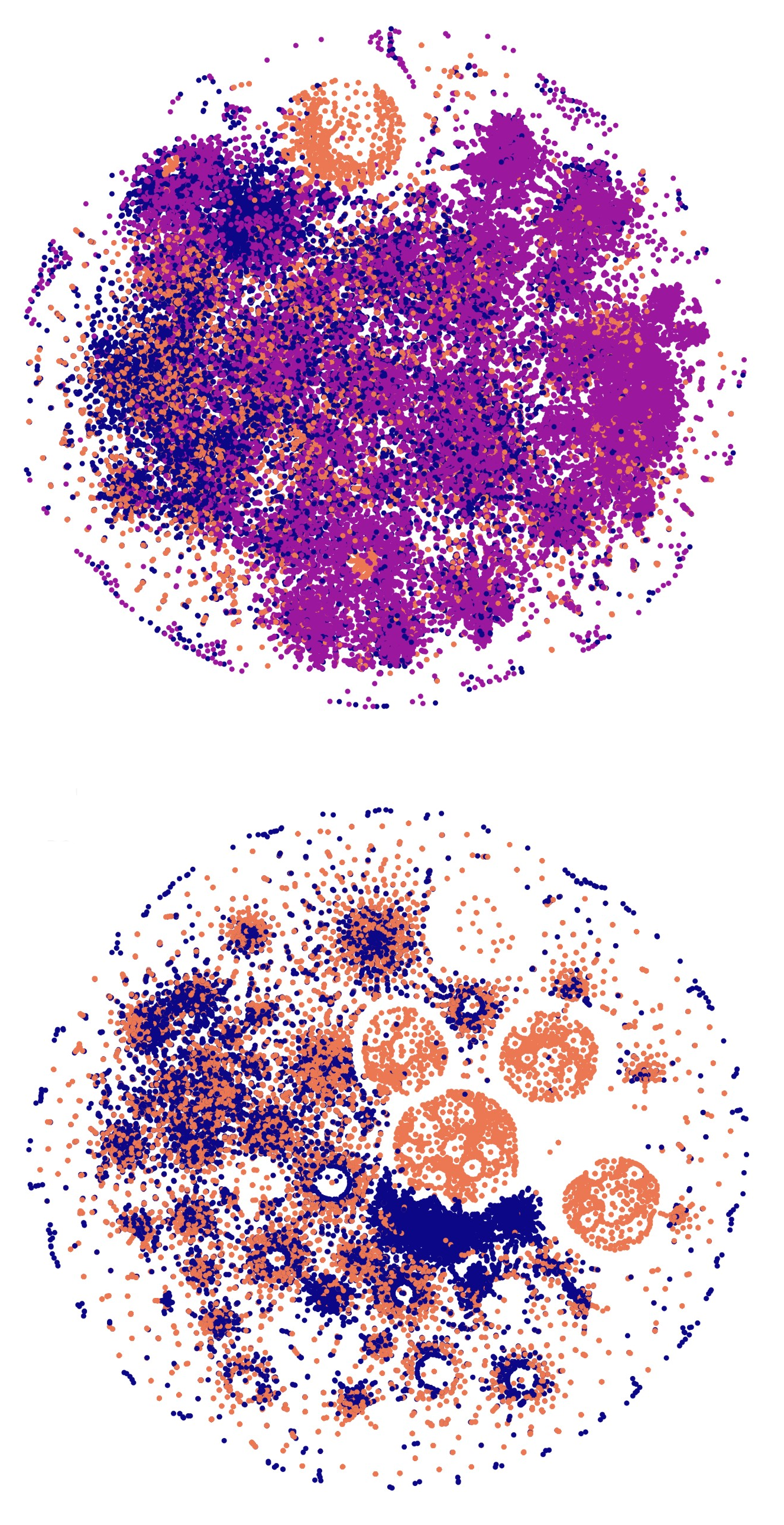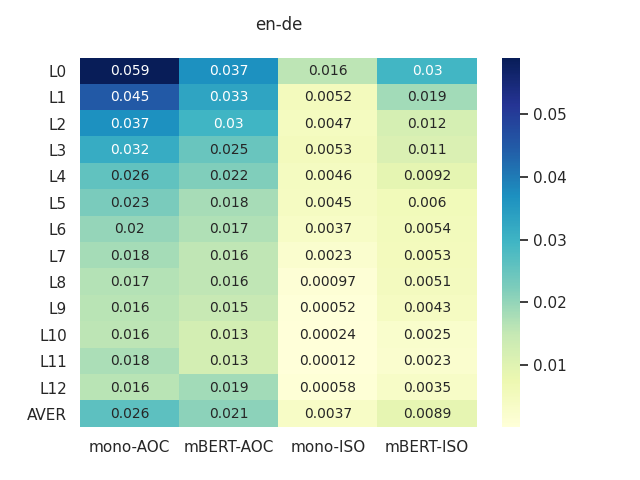Generationary or “How We Went beyond Word Sense Inventories and Learned to Gloss”
Michele Bevilacqua, Marco Maru, Roberto Navigli
Semantics: Lexical Semantics Long Paper

You can open the pre-recorded video in a separate window.
Abstract:
Mainstream computational lexical semantics embraces the assumption that word senses can be represented as discrete items of a predefined inventory. In this paper we show this needs not be the case, and propose a unified model that is able to produce contextually appropriate definitions. In our model, Generationary, we employ a novel span-based encoding scheme which we use to fine-tune an English pre-trained Encoder-Decoder system to generate glosses. We show that, even though we drop the need of choosing from a predefined sense inventory, our model can be employed effectively: not only does Generationary outperform previous approaches in the generative task of Definition Modeling in many settings, but it also matches or surpasses the state of the art in discriminative tasks such as Word Sense Disambiguation and Word-in-Context. Finally, we show that Generationary benefits from training on data from multiple inventories, with strong gains on various zero-shot benchmarks, including a novel dataset of definitions for free adjective-noun phrases. The software and reproduction materials are available at http://generationary.org.
NOTE: Video may display a random order of authors.
Correct author list is at the top of this page.
Connected Papers in EMNLP2020
Similar Papers
Methods for Numeracy-Preserving Word Embeddings
Dhanasekar Sundararaman, Shijing Si, Vivek Subramanian, Guoyin Wang, Devamanyu Hazarika, Lawrence Carin,

Don't Neglect the Obvious: On the Role of Unambiguous Words in Word Sense Disambiguation
Daniel Loureiro, Jose Camacho-Collados,

Probing Pretrained Language Models for Lexical Semantics
Ivan Vulić, Edoardo Maria Ponti, Robert Litschko, Goran Glavaš, Anna Korhonen,

With More Contexts Comes Better Performance: Contextualized Sense Embeddings for All-Round Word Sense Disambiguation
Bianca Scarlini, Tommaso Pasini, Roberto Navigli,
